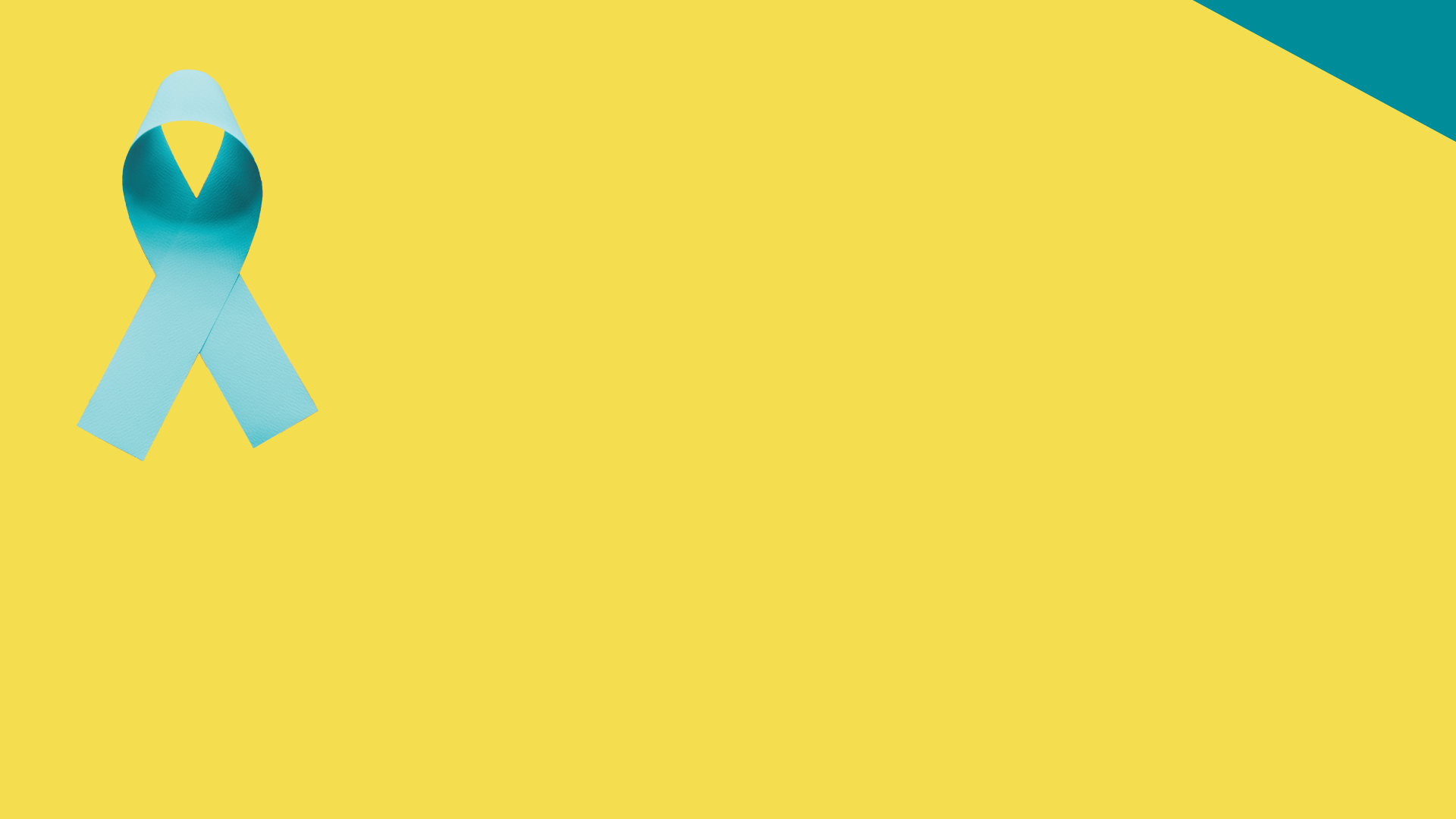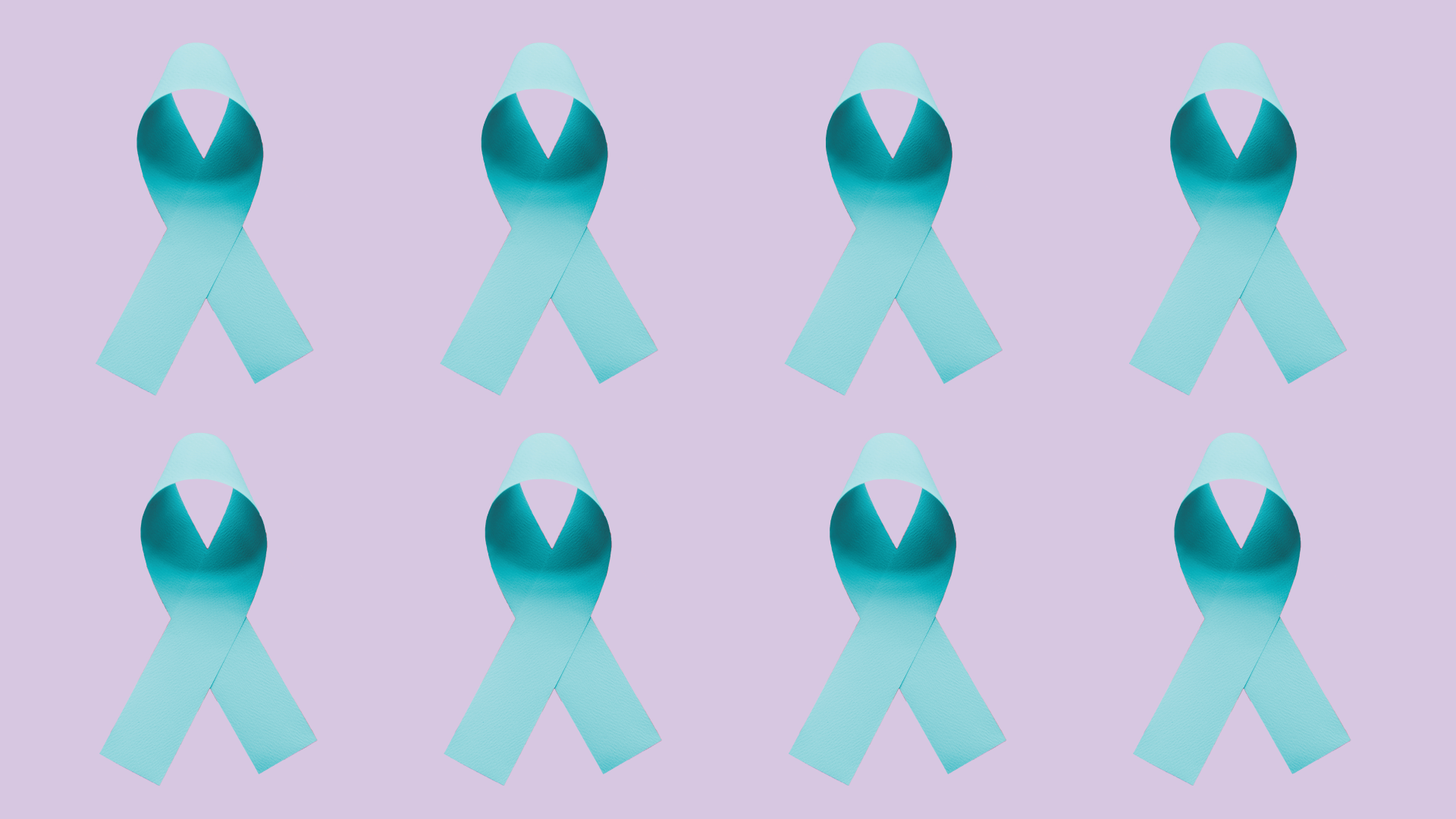- April 2-30, 2025
- On campus
- Hosted By: Student Development
Cost and Admission
This event is free to attend.
2025 Theme: Shame No More
The purpose of Sexual Assault Awareness Month (SAAM) is to raise awareness of sexual violence and educate communities on how to prevent it. This year, we invite our Biola community to gather around each other because we are stronger, more connected, and better together. This extends through the continuous practice of consent in everyday life as well as consent in online contexts and situations. Understanding the importance of caring for ourselves, our bodies, our souls, and our own safety. Learning healthy boundaries and signs of unhealthy and healthy relationships. Living the importance of loving and respecting ourselves and others.
The internet has become and is still a primary platform for connection. Technology continues to connect us with family, friends, and people all over the world. Therefore, it continues to be on us Biola to stop, remedy, and prevent sexual assault in both our virtual and in-person- communities. The National Sexual Violence Resource Center (NSVRC) informs us that forty-one percent (41%) of Americans have been personally subjected to harassing behavior online, and an even larger share (66%) have witnessed these behaviors directed at others. We called on our Biola community to practice digital consent, intervene when we see harmful content and behaviors, and promote online and in-person communities that value safety and respect.
The NSVRC informs us that we can stop sexual harassment and abuse before it happens by addressing the bigger picture in which it occurs. The driving forces behind sexual violence can be hard to see, but they’re often based on attitudes, norms, and social systems that support the unequal treatment of certain groups over others. That’s why making changes to communities is important when preventing sexual assault and harassment. Preventing sexual violence means understanding our roles as individuals to interrupt problematic behaviors and address the root causes. Learning how to communicate well with one another is a key component. Biola continues to cultivate a community of care centered on respect, inclusion, and safety where harassment, assault, and abuse are taken seriously. Together we can show survivors they are believed and supported. Let’s protect each other.
Questions?
Contact Sandy Hough at:
sandy.hough@biola.edu
History of SAAM
The roots of Sexual Assault Awareness Month (SAAM) run deep, from the Civil Rights Movement to the founding of the first rape crisis centers, to national legislation and beyond. When you look into the movement to end sexual violence it is clear that it is impossible to prevent an issue no one knows about, and it’s difficult to make people aware of a problem without providing a solution. Movements began to gain traction in the 1940s and 50s with the Civil Rights era. Open discussion of the realities of sexual assault and domestic violence were limited at these times. Efforts during this time were championed by Black women and women of color. Advocates like Rosa Parks worked at the intersections of race-based and gender-based violence.
Wide social activism around the issue of sexual assault continued into the 1970s, bringing with it support for survivors and heightened awareness. The first rape crisis center was founded in San Francisco in 1971, the same city where the first U.S. Take Back the Night event was held seven years later. The following decades mobilized survivors and advocates to call for legislation and funding that would support survivors, such as the Violence Against Women Act of 1933 (VAWA). Monumental changes like VAWA demonstrated that national efforts promoting sexual violence prevention were needed. Even before SAAM was first nationally observed in 2001, advocates had been holding events, marches, and observances related to sexual violence during the month of April, sometimes during a week-long “Sexual Assault Awareness Week.”
In an effort to further coordinate awareness and prevention efforts, in 2000, the newly launched National Sexual Violence Resource Center (NSVRC) and the Resource Sharing Project polled sexual violence coalitions. They asked about their preferred color, symbol, and month for sexual assault awareness activities. The results showed that those in the movement preferred a teal ribbon as a symbol for sexual assault awareness, and SAAM as we know it was born.
Thanks to NSVRC for this information.
Schedule
- Wednesday, Apr. 2, 10 a.m.-3 p.m. — Ribbon Walk
- Location: Library / Metzger Walkway
- Description: Since the teal ribbon is the symbol of sexual violence prevention, stop by to walk through a display of teal ribbons, to get your own, and to get informed on the SAAM programming for the rest of the month of April!
- Wednesday Apr. 9, 10 a.m.-3 p.m. — Shame & Resilience
- Location: Caf / Sub Walkway
- Description: Acknowledging the role that shame plays in the lived experience of the survivors of sexual assault, we aim to offer encouragement and resources related to resilience through interactive learning.
- Wednesday, April 16 at 10 a.m.-3 p.m. — Statistics on Metzger
- Location: Metzger Lawn
- Description: Walk through a display of visual statistics related to sexual assault and violence as represented by small flags throughout the lawn to help you better understand the relevance and scope of this issue.
- Location: Metzger Lawn
- Wednesday, April 16, 7:30-9:30 p.m. — RADS Women's Self Defense
- Location: Emergency Operations Center
- Description: The Women's Self-Defense Training is a program of realistic self-defense tactics and techniques for women brought to you by Chief O and the Campus Safety team.
- Wednesday, April 23, 10. a.m.-3 p.m. — Projects
- Location: Fireplace Pavilion
- Description: Walk through and read a display of the Clothesline Project to learn more about the different types of violence that occur, and to take part in the Handprint Project by pledging to not commit or condone sexual violence in your communities.
- Wednesday, April 23, 7-8 p.m. — Relationship Workshop
- Location: Mayers Auditorium
- Description: "Fostering Health Relationships and Recognizing Dangerous Ones" – All of us desire to foster healthy relationships that helps us flourish. How can we build these relationships, while keeping an eye out for traits, or actions that could be damaging? Brought to you by Timothy and Noreen Muehlhoff!
- Wednesday, April 30, 10. a.m.-3 p.m. — Denim Day
- Location: Health Center Walkway
- Description: Learn more about the history and purpose of Denim Day — a nationwide education campaign that invites everyone to wear jeans as a visible way to highlight misconceptions surrounding sexual violence. Get involved by stopping by to grab a denim bracelet!
Student Resources
- Participate on Social Media: Post a pic wearing teal or your SAAM T-Shirt and tag Biola University’s Instagram account throughout the month of April.
- Hashtags: #SAAM2024, #SAAM, #30DaysofSAAM (NSVRC instagram challenge)
- NSVRC SAAM Learn
- NSVRC Resources “Building Online Safe Spaces Together”
- Use these zoom backgrounds during our Focus Week

Download

Download - Resources from Biola’s Updated Sexual Misconduct Policy with new Title IX regulations that took effect August 14, 2020:
- Additional Resources
Faculty and Staff Resources
- Educate yourself on Biola’s Updated Sexual Misconduct Policy with the new Title IX regulations that took effect August 14, 2020 – Sexual Misconduct Policy
- Read the policy and find out if you are a responsible employee and learn how to report and your obligations under federal law.
- Report, Report, Report
- If you know or heard of an incident involving sexual misconduct, report the incident to the university.
- Be aware that you might be a private source, yet not a confidential one to students.
- Confidential Sources for Students on campus:
- The Biola Counseling Center (BCC)
- Biola’s Campus Pastor in Spiritual Development
- Confidential Sources for Students on campus:
- Check out the SAAM schedule and see how you can get involved and encourage student engagement. Learn from the student resources and share them with your students.
- Start conversations on the importance of caring & communicating well with one another.
- Back to the Syllabus
- Remind your students of the “Confidentiality and Sexual Misconduct” section in their syllabus.
- Participate in Social Media
- Post a picture wearing teal or your SAAM T-shirt during the month of April on your department or program Instagram account.

